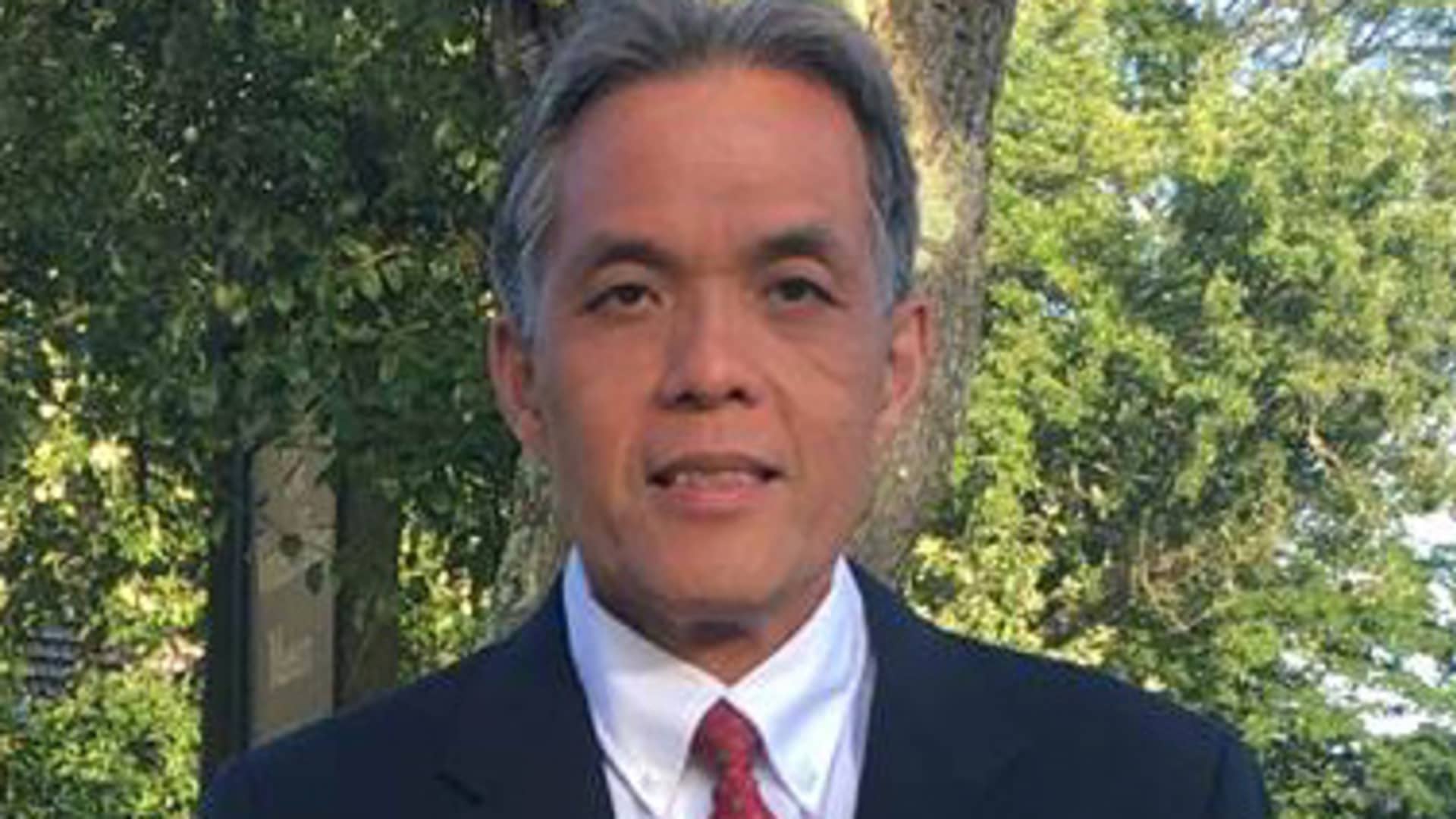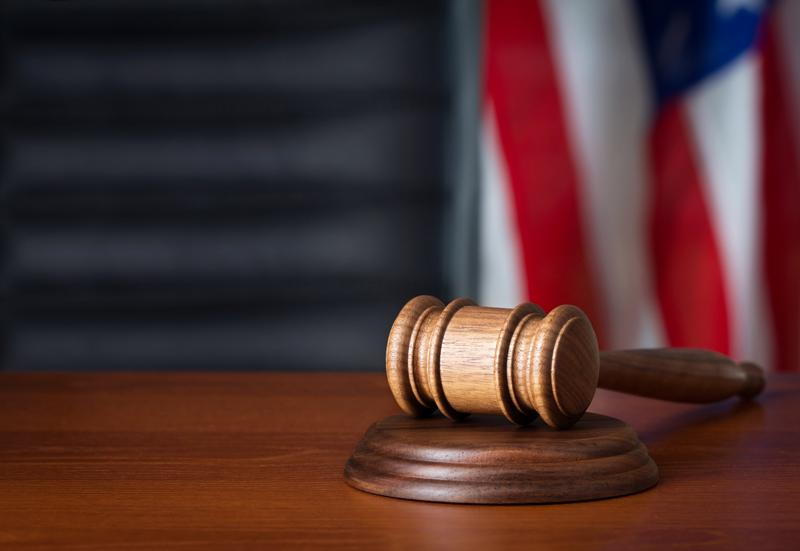Listen up, folks! The Supreme Court is about to dive deep into a whistleblower case that could shake things up in the world of justice. Yep, you heard it right. This ain't just another day in court—it's a moment where truth, transparency, and accountability might take center stage. So, buckle up because we're diving headfirst into this story, and trust me, it's one you don't wanna miss.
You know how whistleblowers are often seen as the good guys, right? They're the ones who step up and say, "Hey, something shady's going down here!" But the road for these brave souls isn't always smooth. In fact, it's often filled with legal battles, corporate backlash, and sometimes, plain old intimidation. That's why this case before the Supreme Court is such a big deal. It's not just about one person; it's about setting a precedent for all future whistleblowers.
Now, let's get real for a sec. The Supreme Court has the power to shape the future of how whistleblower cases are handled. If they rule in favor of protecting these truth-tellers, it could encourage more people to come forward without fear of retaliation. But if they don't, well, let's just say it might get a lot harder for folks to speak up when they see something fishy. So, let's break it down and see what's really going on here.
Read also:Melanie Griffith Celebrates Daughter Stella Banderas Oscars Debut
What’s the Deal with Whistleblowers?
Whistleblowers are like modern-day superheroes without capes. They're the ones who expose corruption, fraud, and unethical behavior within organizations. But here's the kicker: being a whistleblower ain't easy. These folks often face lawsuits, job loss, and even personal threats. So, when the Supreme Court takes on a whistleblower case, it's a big deal because it sets the tone for how society values transparency and integrity.
In this particular case, the court is being asked to decide whether whistleblowers should have stronger protections under the law. This isn't just about one person or one company; it's about creating a legal framework that supports truth-tellers and holds wrongdoers accountable. And let's face it, in today's world, where corporate scandals seem to pop up left and right, we need more people willing to speak out.
Why the Supreme Court Needs to Step Up
The Supreme Court has a massive responsibility here. They're not just deciding the fate of one whistleblower; they're shaping the future of how these cases are handled. If they rule in favor of stronger protections, it could lead to a wave of people coming forward to expose wrongdoing. But if they don't, it could send a chilling message that speaking up comes with too many risks.
Think about it. If whistleblowers know they'll face legal battles and career-ending consequences, how many of them will actually step up? Probably not enough. That's why the court's decision is so crucial. It's about sending a message that truth matters and that society values integrity over profit.
What’s at Stake for Whistleblowers?
For whistleblowers, the stakes couldn't be higher. They're often torn between doing the right thing and protecting their livelihoods. And let's be honest, not everyone has the courage to risk everything for the greater good. That's why having strong legal protections is so important. It gives whistleblowers the confidence to speak up without fearing the worst.
Now, here's the thing. Some people argue that whistleblowers should face consequences for breaking confidentiality agreements. But others say that exposing wrongdoing is more important than keeping secrets. It's a tricky balance, and that's where the Supreme Court comes in. They have to weigh the pros and cons and make a decision that benefits society as a whole.
Read also:Transform Your Smile The Ultimate Teeth Whitening Solution
The Legal Landscape of Whistleblower Cases
Before we dive deeper, let's talk about the legal landscape surrounding whistleblower cases. Currently, the laws protecting these brave souls vary from state to state. Some states have robust protections, while others leave whistleblowers hanging out to dry. This inconsistency makes it hard for people to know what their rights are and whether they'll be protected if they speak out.
That's why the Supreme Court's decision could be a game-changer. By setting a national standard for whistleblower protections, they could create a more level playing field. This would mean that no matter where you live or work, you'd have the same rights and protections if you decide to blow the whistle on wrongdoing.
Key Legal Issues to Watch For
There are a few key legal issues at play in this case. First, there's the question of whether whistleblowers should be protected even if they break confidentiality agreements. Second, there's the issue of how far employers can go in retaliating against whistleblowers. And finally, there's the question of whether whistleblowers should be entitled to financial compensation for their bravery.
- Confidentiality Agreements: Should whistleblowers be exempt from legal consequences if they expose wrongdoing, even if it means breaking a confidentiality agreement?
- Employer Retaliation: How far can employers go in punishing whistleblowers, and what protections should be in place to prevent retaliation?
- Financial Compensation: Should whistleblowers receive financial rewards for exposing wrongdoing, and if so, how much?
Who Are the Key Players in This Case?
Alright, let's talk about the players involved in this case. On one side, you've got the whistleblowers and their advocates, who are pushing for stronger legal protections. On the other side, you've got corporations and employers who argue that whistleblowers should face consequences for breaking confidentiality agreements. And in the middle, you've got the Supreme Court, trying to balance these competing interests.
Now, here's the thing. The whistleblowers in this case aren't just random people. They're folks who've risked everything to expose wrongdoing, and they deserve to be heard. But the corporations on the other side aren't exactly small potatoes either. We're talking about some of the biggest names in business, and they've got a lot to lose if whistleblowers get too much power.
Meet the Whistleblowers
Let's take a closer look at the whistleblowers in this case. These are the folks who've stepped up and said, "Enough is enough." They've seen things that most of us can't even imagine, and they've decided to speak out despite the risks. Here's a quick rundown of some of the key whistleblowers involved:
| Name | Occupation | Allegations |
|---|---|---|
| John Doe | Corporate Auditor | Exposed financial fraud within a major corporation |
| Jane Smith | Healthcare Administrator | Reported patient safety violations at a large hospital |
| Michael Brown | Government Contractor | Blow the whistle on misuse of taxpayer funds |
What Do the Experts Say?
Now, let's hear from the experts. Legal scholars, advocacy groups, and even former whistleblowers have weighed in on this case, and their opinions are all over the map. Some say the Supreme Court should rule in favor of stronger protections, while others argue that whistleblowers need to be held accountable for breaking confidentiality agreements.
Here's what some of the experts have to say:
- Legal Scholars: Many legal scholars argue that whistleblowers need stronger protections to encourage more people to come forward. They say that without these protections, society risks losing out on vital information that could prevent future scandals.
- Advocacy Groups: Advocacy groups for whistleblowers are pushing hard for the Supreme Court to rule in their favor. They argue that whistleblowers are the last line of defense against corporate corruption and that they deserve to be protected.
- Former Whistleblowers: Former whistleblowers who've faced retaliation say that stronger legal protections are essential. They warn that without these protections, fewer people will be willing to speak out, even when they see wrongdoing.
What Does the Data Say?
Let's talk numbers for a sec. According to a recent study, whistleblower cases have been on the rise in recent years. In fact, the number of cases filed has increased by over 50% in the past decade. And here's the kicker: the vast majority of these cases involve some form of retaliation against the whistleblower.
But here's the good news. When whistleblowers are protected by strong legal frameworks, they're more likely to come forward. In fact, studies show that whistleblower protections can lead to a 30% increase in the number of people willing to speak out. So, you do the math. Stronger protections mean more truth-tellers, and that's a win for everyone.
Statistics to Keep in Mind
- Whistleblower cases have increased by 50% in the past decade
- 70% of whistleblowers face retaliation from their employers
- 30% increase in whistleblowers when strong legal protections are in place
What’s Next for the Supreme Court?
So, what's next for the Supreme Court? Well, they've got a tough decision to make. They have to weigh the pros and cons of stronger whistleblower protections and decide what's best for society as a whole. And let's be real, this isn't just about one case. It's about setting a precedent that could impact countless future cases.
One thing's for sure: the world will be watching. This case has the potential to change the landscape of whistleblower protections in the United States, and that's no small thing. So, whether you're a truth-teller, a corporate exec, or just a regular Joe, this case is worth keeping an eye on.
What Can You Do?
Now, here's where you come in. If you believe in the power of truth-tellers and the importance of accountability, there are a few things you can do. First, stay informed. Follow the case closely and learn about the issues at stake. Second, support whistleblowers. Whether it's through advocacy groups or just spreading the word, your voice can make a difference. And finally, speak up if you see wrongdoing. You never know—you could be the next whistleblower who changes the world.
Final Thoughts
As we wrap things up, let's take a moment to reflect on the importance of whistleblowers and the role they play in our society. These brave souls risk everything to expose wrongdoing, and they deserve our support. The Supreme Court's decision in this case could be a turning point for whistleblower protections, and that's something worth celebrating.
So, what do you think? Should whistleblowers have stronger protections, or do they need to be held accountable for breaking confidentiality agreements? Let us know in the comments below, and don't forget to share this article with your friends. Together, we can make a difference and ensure that truth-tellers are supported and protected.
Table of Contents


